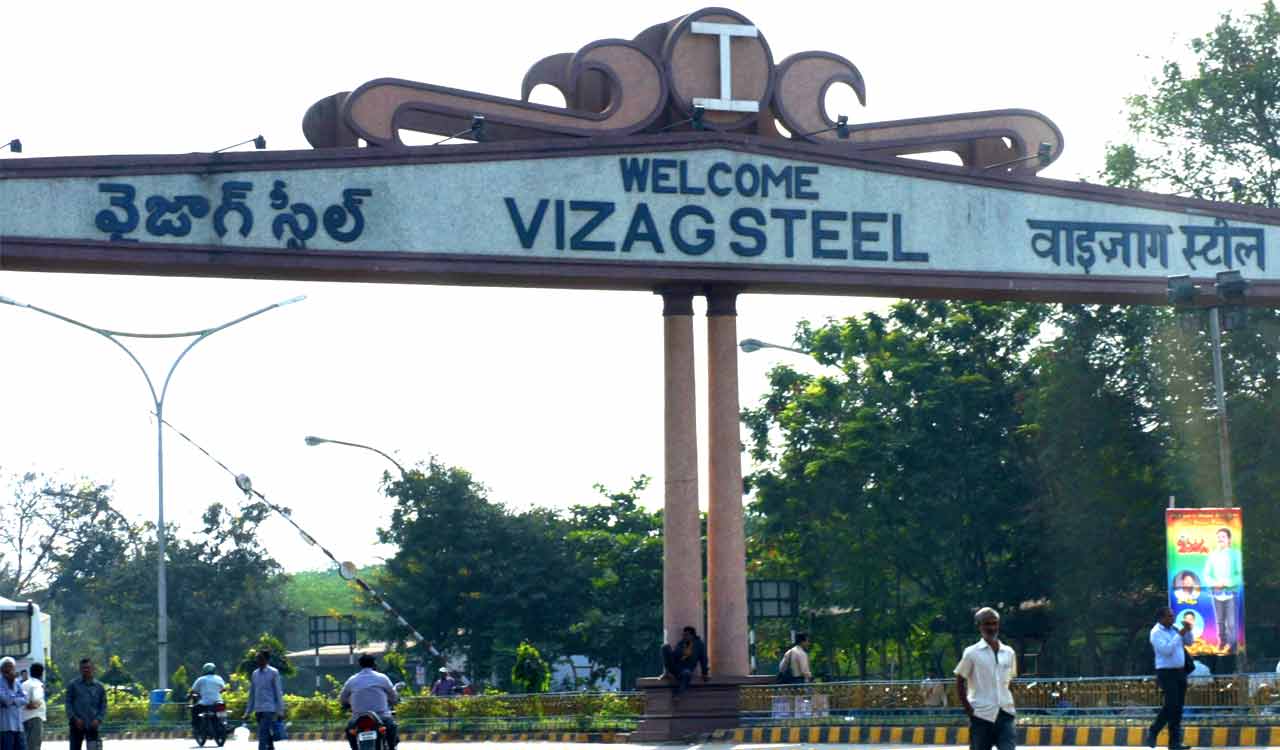Amnesty’s exit
It is deplorable to treat human rights organisations like criminal enterprises and dissenting individuals as criminals without credible evidence

Amnesty International’s exit from India starkly illustrates the shrinking space for dissent in the country. The development comes at a time when the critics of the NDA government have been facing investigation and detention, often under draconian laws. There are allegations that the human rights watchdog has been facing continuous harassment from the Home Ministry and other regulatory agencies on the charge of violating foreign funding rules. Though it can be argued that organisations like Amnesty often look at India through a Western prism and are biased in their assessment of public policies, the country’s democracy is robust and resilient enough to absorb such counter-narratives without being unduly worried. But, by targeting an internationally reputed organisation and freezing its bank accounts, India runs the risk of being bracketed as authoritative regimes like China. India’s stature as a liberal democracy with free institutions, including media and civil society organisations, accounts for much of its soft power in the world. Actions such as this will undermine the country’s reputation as a democracy and vitiate its soft power. Recently, Amnesty had published two reports critical of the authorities: one alleging rights violations and involvement of police in communal riots in Delhi, and another condemning restrictions on civil liberties in Jammu & Kashmir a year after the government revoked the region’s special status. It is deplorable to treat human rights organisations like criminal enterprises and dissenting individuals as criminals without any credible evidence. Such an approach will stoke a climate of fear and muzzle critical voices in the country.
The crackdown on Amnesty must be seen against the backdrop of the larger set of changes proposed in the Foreign Contribution (Regulation) Amendment Bill, setting new conditions for organisations and seeking tighter control of funds. The crux of the Home Ministry’s allegations against the human rights watchdog is that it has been bringing foreign funding into the country illegally and failing to comply with regulations. Amnesty had remitted large amounts of money to entities in India by classifying them as foreign direct investments to circumvent the norms under the Foreign Contribution Regulation Act (FCRA). Since 2018, several raids have been carried out on its offices and the homes of its executives by several government agencies. Amnesty International has had a troubled relationship with India, under both BJP and Congress-led regimes. And, this is not the first time it has had to shut shop. In 2009, Amnesty had to close its offices in India after it was denied permission under the FCRA. In February 2014, the UPA government froze Amnesty India’s funding. It was barred from receiving nearly half a million dollars from its parent organisation.
Now you can get hand picked stories from Telangana Today on Telegram everyday. Click the link to subscribe.
Click to follow Telangana Today Facebook page and Twitter .
Related News
-
Save future of Telangana NEET PG aspirants, IMA writes to CM Revanth Reddy
40 mins ago -
Telangana techie loses Rs 4.15 lakh to online gold trading fraud
1 hour ago -
Hyderabad: Couple working as house help at doctor’s residence held for theft
1 hour ago -
Hyderabad auto driver foils attempt to kidnap young woman, five held
2 hours ago -
Haiti gang attack on journalists covering hospital reopening leaves 2 dead, several wounded
3 hours ago -
21 dead as Mozambique erupts in violence after election court ruling
4 hours ago -
Cartoon Today on December 25, 2024
11 hours ago -
Sandhya Theatre stampede case: Allu Arjun questioned for 3 hours by Chikkadpallly police
12 hours ago




